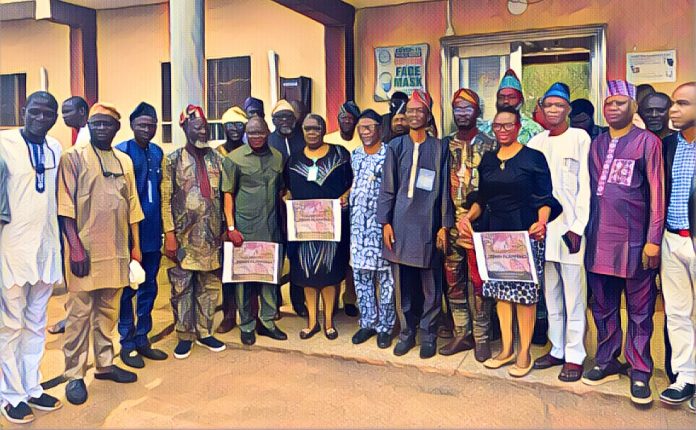Key Points
-
Ogun population boom is rapidly straining already weak state infrastructure.
-
Poor planning continues to threaten and slow Ogun State’s economic growth.
-
Experts consistently urge urgent action from Ogun State government authorities.
Town planners in the area are cautioning that Ogun State’s infrastructure is collapsing under the strain of the region’s unprecedented population growth.
The strain is increasing, from congested housing clusters to overloaded roads, and officials warn that if the rate of growth is not slowed, the state could face an urban crisis.
According to a report by the Punch news, Ogun has drawn migrants from Lagos and beyond, according to planners, but public infrastructure investment has lagged behind.
As a result, there are growing communities with poor drainage, insufficient water supply, poor transportation, and limited space for educational and medical facilities.
Ogun population growth without infrastructure assistance
The disparity is glaring. Because of the cheaper housing costs and closer proximity to Lagos, border towns like Mowe, Ibafo, and Ado-Odo Ota are seeing a surge in new residents, according to urban development experts.
However, the migration is happening faster than anticipated. One senior town planner remarked, “You have settlements popping up every day without the roads, schools, or hospitals to support them.”
According to locals, the strain is already apparent. While entire neighborhoods depend on water vendors or boreholes, commuters must spend hours negotiating the congested, potholed roads leading into Lagos.
During the rainy season, flooding is common and is made worse by uncontrolled construction and clogged drains.
Ogun’s economic growth is at risk due to inadequate planning
Without immediate investment, Ogun runs the risk of jeopardizing its own economic prospects, according to planners.
Major corporations have been drawn to the state’s industrial zones, but workers continue to face subpar housing and transportation options.
According to an Abeokuta-based economist, “infrastructure gaps discourage further investment.” “Development slows down if people and goods cannot be moved efficiently.”
Despite the state government’s repeated announcements of infrastructure projects, they are not being carried out. Citing stalled housing estates and abandoned road construction, many locals are still dubious.
According to experts, the state’s capacity to finance long-term urban planning is further limited by its significant reliance on federal funding.
Demands for action on the population growth of Ogun
A comprehensive development plan that gives roads, drainage, schools, and healthcare top priority is being urged by professional bodies.
They contend that in addition to Abeokuta, the state capital, attention should be paid to the quickly growing peri-urban areas. They caution that if that change isn’t made, social tensions may increase as overcrowding gets worse.
The daily grind is already too much for people who live in areas like Ibafo. A civil servant who commutes to Lagos said, “We came here for affordable housing, but now we’re stuck in endless traffic and struggling for water.”
The trend can still be reversed, according to planners, but only if there is a strong political will. If not, Ogun might encounter a problem that is common to Nigeria: thriving cities constructed on shaky foundations.



